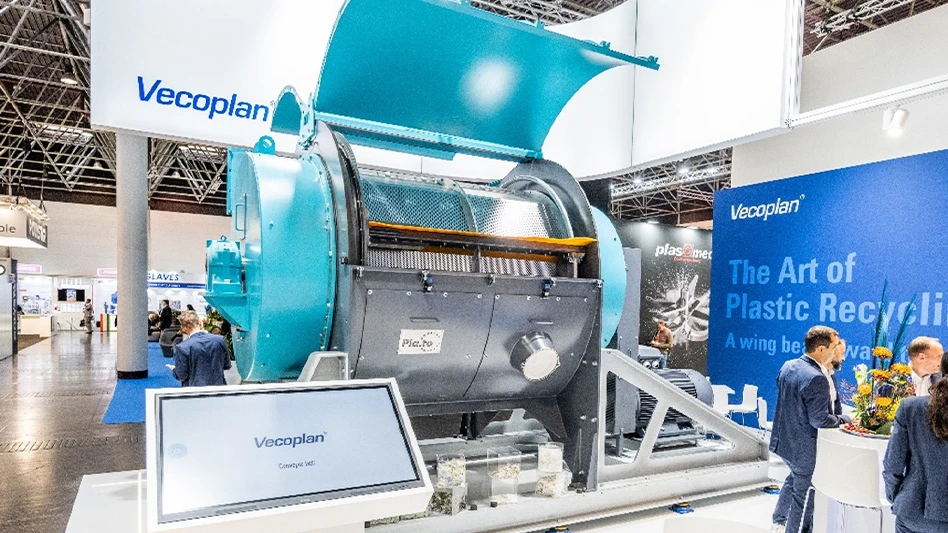The French firm Rhodia and its partners Renault, INDRA SAS / Re-source Industries, Steep and Mann+Hummel have jointly announced a commitment to create a polyamide recycling channel for end-of-life vehicles (ELVs). The companies say that they will work together to develop solutions that will contribute to reaching compliance with European regulatory requirements, which have set a minimum recycling and reuse rate of 95 percent for ELVs by 2015.
Rhodia’s objective is to contribute to the emergence of recycling outlets aimed at providing end-of-life solutions for its product applications and to continue the development of its 4earth ranges of recycled polyamide.
“This innovative initiative illustrates Rhodia’s intent to enter into closed-loop partnerships with key players in the polyamide markets, who are themselves convinced of the interest of commercializing eco-designed products incorporating high-performance recycled materials from responsible and sustainable channels,” says Richard Rourdon, Rhodia Polyamide’s recycling development manager.
“We are delighted that this development model is being extended to the automotive industry in collaboration with pioneering partners in the area of ecological management of end-of-life vehicles. The support of ADEME [the French Environment and Energy Management Agency] confirms the relevance of our approach and substantiates the viability of this channel and the environmental benefits it will generate,” adds François Hincker, president of Rhodia Polyamide’s Engineering Plastics business unit.
“To meet the reuse, recycling and recovery objectives set for the year 2015, the recycling of non-metal materials from ELVs, including plastics, cannot be avoided. This initiative fits perfectly into this framework and should therefore help France meet these objectives by organizing a vital recycling channel for one of the many plastic materials used in vehicles,” says Eric Lecointre of ADEME’s EPR and Recycling Department.
For Renault, the project is an extension of the joint venture created in February 2008 between Renault and Sita to accelerate the rollout in France of ELV processing and develop the Renault Eco2 label, which is intended to accompany the growing use of recycled materials in vehicles.
“The inclusion of all stakeholders of the polyamide sector – from the collection of end-of-life parts up to the re-incorporation of the material into automotive parts –, is a real plus in demonstrating the viability of polyamide recycling from end-of-life vehicles,” says Marielle Marchand, recycling project manager for the Renault Materials Division.
INDRA SAS / Re-Source industries, which is a French firm involved in the distribution management and dismantling of end-of-life vehicles, this project will work along with the company’s strategy that is focused on research and development and the industrialization of recycling outlets for the various materials present in ELVs.
Emmanuel Blondin, advance phase manager at Steep Plastique, adds: “The availability of an additional source of recycled material – derived from products still considered final waste today, but which can provide the raw material for highly exacting future applications –, opens up some very interesting new perspectives in terms of innovation and the overall health of the planet.”
Latest from Recycling Today
- Equipment from the former Alton Steel to be auctioned
- Novelis resumes operations in Greensboro, Georgia
- Interchange 360 to operate alternative collection program under Washington’s RRA
- Waste Pro files brief supporting pause of FMCSA CDL eligibility rule
- Kuraray America receives APR design recognition for EVOH barrier resin
- Tire Industry Project publishes end-of-life tire management guide
- Des Moines project utilizes recycled wind turbine blades
- Charter Next Generation joins US Flexible Film Initiative





